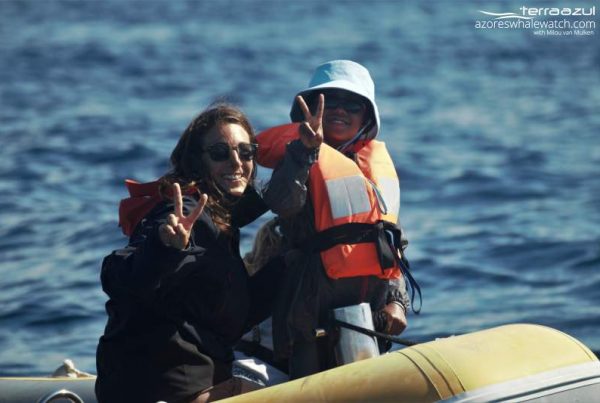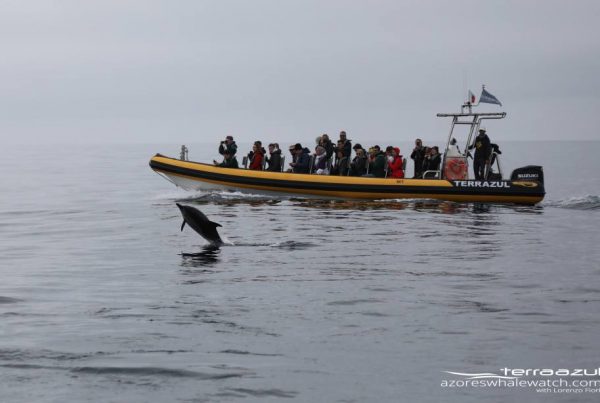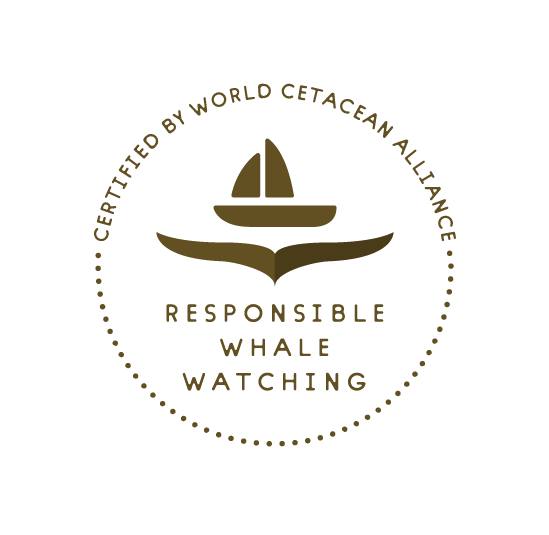
Whale-watching tourism activities range from observation of cetaceans to swim-with-dolphins and whales. Such activities can have detrimental effects on the targeted cetaceans and this is well documented by hundreds of peer-reviewed, published scientific researches conducted in several places worldwide. And also here in the Azores.
For example you can have a read to Cecchetti et al., 2017 and Cecchetti et al., 2019 articles about the effects of whale-watching and swim-with activities on the behavior of dolphins in São Miguel.
Without going to much in details in the dolphins and whales’ short term responses to boats and swimmer approaches (summarized in the panel below), it has been demonstrated how these behavioral changes can lead to much more worrying long term consequences such as cetaceans avoiding areas of high whale-watching activity or strong decrease of individual fitness and reproductive success. For this reasons, regulations based on state-of-the-art scientific research are needed and have to be enforced, in particular where whale and dolphin-based tourism is growing. Like here in the Azores.
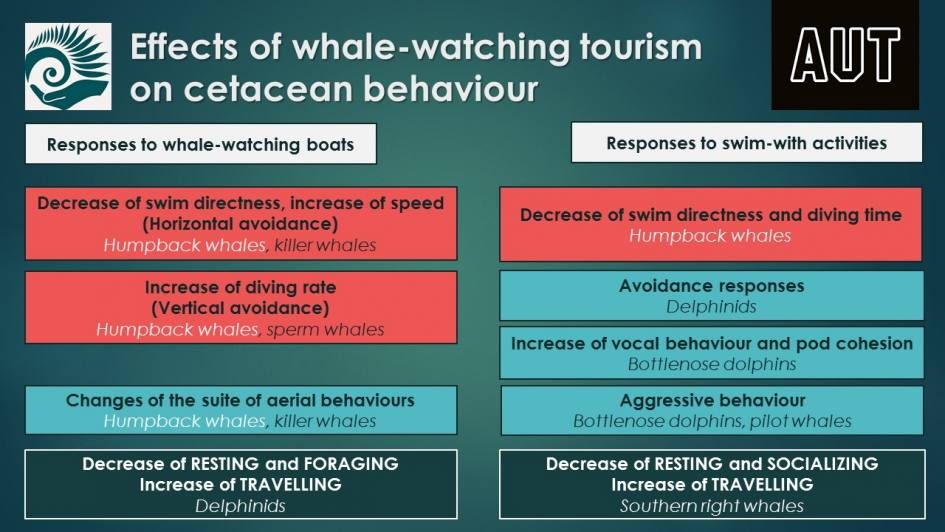
A slide summarizing the scientific literature about the effects of whale-watching activities on cetacean behavior. Extracted from the World Whale Conference 2019 presentation of Lorenzo Fiori, PhD Candidate at Auckland University of Technology (NZ) and main guide at Terra Azul.
In most of the cases, government regulatory bodies emitted laws (also called hard laws) trying to minimize potential negative effects for the animals focus of the tourism industry. In many cases, these are not sufficient or simply are not updated to the latest available scientific information. Therefore, voluntary code of conduct (also called soft laws) have to be introduced by stakeholders and NGOs. Guess what, same as here in the Azores.
And here comes in the social responsibility of each company and the efforts of international partnerships, such as World Cetacean Alliance (WCA).
During the extremely interesting World Whale Conference 2019 organized by WCA and attended by Terra Azul staff in October, we found that the WCA global guidelines for sustainable whale-watching substantially match Terra Azul code of conduct in terms of interactions with cetaceans and environmental sustainability. That is, we decided to join WCA and apply to their Responsible Whale Watching scheme.
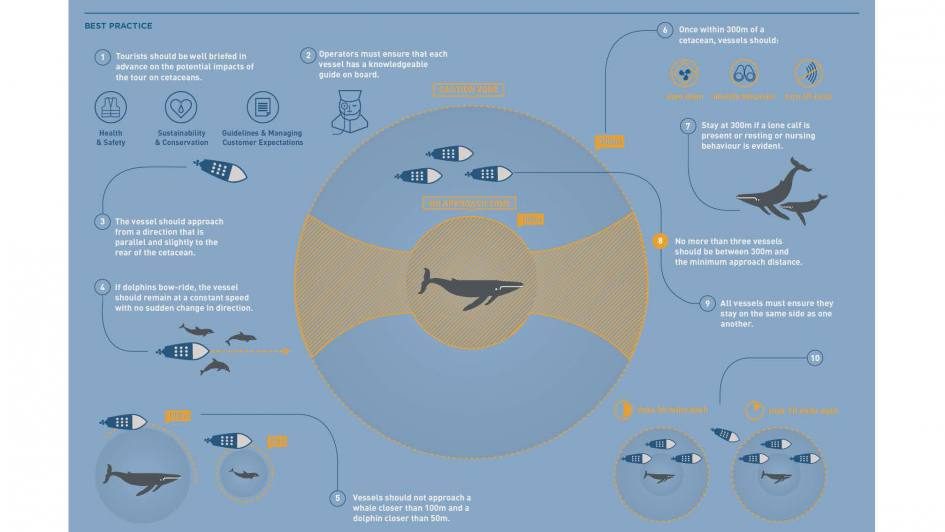
Example of some WCA global best practices for whale-watching tourism activities. You can find the complete document online HERE!
We hope that this will help raising awareness on the best ways to approach whales and dolphins in their environment and promote the conservation of our Oceans!






